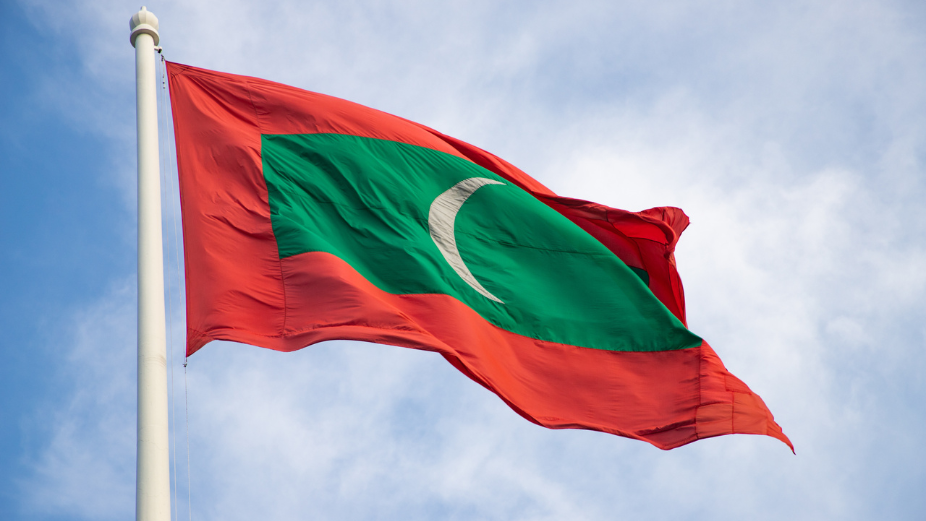
As the Maldives celebrates its National Day, it’s an opportune moment to reflect on what nationalism means for our island nation in today’s interconnected world. While a healthy sense of national pride can inspire unity and progress, hyper-nationalism—the extreme form of patriotism—comes at a high cost. It often drives exclusionary policies, disrupts economic growth, and fosters a dangerous sense of isolation that is increasingly unrealistic in a globalised world. In a time when collaboration, open borders, and diversity have become crucial drivers of progress, hyper-nationalism poses serious risks to our collective future.
Economic Costs of Hyper-Nationalism
Economically, hyper-nationalism can be detrimental, particularly for a small, open economy like the Maldives. Overemphasis on self-reliance can lead to policies that hinder international cooperation and reduce economic diversity. While hyper-nationalism may seem to promote local industries and protect national interests, it overlooks the benefits of engaging with global markets. The Maldives, heavily reliant on imports for essentials and on international tourism for economic stability, benefits immensely from open borders and a welcoming approach to foreign partnerships.
Hyper-nationalism also tends to prioritise the local workforce over foreign talent, often resulting in anti-immigration sentiments. While this may appear beneficial at first glance, it ignores the contributions of expatriate workers to various sectors, particularly tourism, construction, and healthcare. The tourism industry, the lifeblood of the Maldivian economy, thrives on its international appeal and its cosmopolitan workforce. Examples from other countries show that restrictive immigration policies can lead to labour shortages and stunted economic growth.
Hyper-Nationalism in a Globalised World
Hyper-nationalism also promotes a false dichotomy between national pride and global engagement. In today’s globalised world, countries are interconnected through trade, technology, and cultural exchange. The Maldives, for instance, benefits immensely from globalisation. From tourism to fishing, these industries are closely tied to global networks. Globalisation has also facilitated technological advancements, bringing new skills, ideas, and investments that are crucial for national development.
Yet, hyper-nationalist rhetoric often demonises globalisation, portraying it as a threat to national identity. This narrative is not only misleading but also detrimental. Embracing globalisation does not mean abandoning national pride; rather, it means recognising that we live in an interdependent world where cooperation often yields better outcomes than isolation. Singapore serves as a compelling example. The city-state has managed to maintain a strong national identity while also positioning itself as a global hub for finance, trade, and innovation. Singapore’s open policies have attracted talent and investment from around the world, contributing to its economic success.
The Dangers of Hyper-Nationalism: Exclusion and Isolation
Hyper-nationalism can also lead to social fragmentation by promoting exclusionary and divisive policies. Anti-immigration sentiments, driven by a hyper-nationalist agenda, often scapegoat foreign workers for social and economic issues. This creates an atmosphere of xenophobia and discrimination, fostering social division rather than unity. The rise of far-right movements in Europe has led to heightened racial tensions, economic inequalities, and policy paralysis. In Hungary, for example, the government’s anti-immigration stance has not only led to a shortage of skilled labour but has also attracted international criticism and economic sanctions from the European Union.
For the Maldives, a similar path could prove catastrophic. The country’s geographic isolation and reliance on tourism necessitate openness, not just to tourists but also to a workforce that supports the industry. Anti-immigration policies could lead to a decline in skilled labour availability, affecting both the quality of services provided and the overall competitiveness of the tourism sector. Additionally, xenophobic policies could damage the Maldives’ international reputation, deterring both tourists and investors.
Balancing National Pride and Global Engagement
It is essential to distinguish between healthy nationalism and hyper-nationalism. A balanced sense of national pride can coexist with global engagement. In fact, embracing globalisation offers an opportunity for countries to learn from each other, share best practices, and collaborate on global challenges such as climate change—an issue particularly relevant for low-lying island nations like the Maldives. For instance, through global cooperation, the Maldives has benefited from international funding and expertise to mitigate the effects of climate change. Shutting doors to global partnerships in favour of isolationist policies would mean losing access to vital resources and expertise.
The Way Forward for the Maldives
As we celebrate our National Day, it is important to recognise that love for one’s country does not require an exclusionary stance towards the rest of the world. The Maldives can, and should, strive to maintain its unique cultural identity while also embracing the benefits of globalisation. Our focus should be on leveraging our strengths—our strategic location, natural beauty, and human capital—to attract investment, foster innovation, and build sustainable economic growth. National pride should inspire us to create a more inclusive, prosperous, and globally connected Maldives.
While hyper-nationalism might appeal to a sense of patriotism, it is crucial to understand its economic and social costs. In a globalised world, closing ourselves off would mean missing out on opportunities for growth, collaboration, and progress. Instead of retreating into a shell of isolationism, the Maldives should aim for a balanced approach—one that allows us to celebrate our national identity while also engaging with the world in meaningful and mutually beneficial ways.












